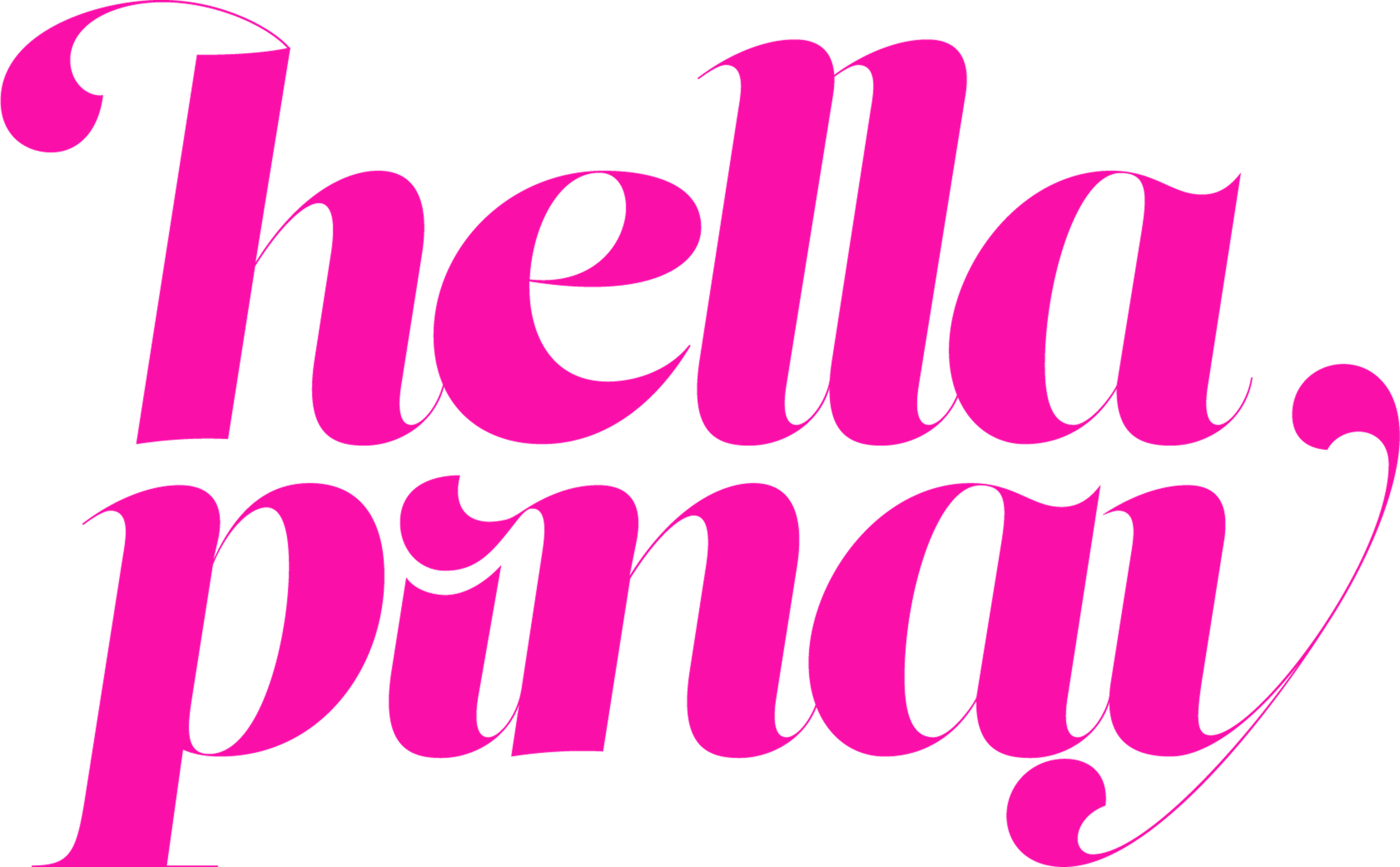Kabangka: A Living, Breathing Love Letter to Our Ancestors
I distinctly remember when the idea of ‘home’ became muddled for me.
Before my first visit back to the Philippines, my imaginations of home conjured specific moments of magic: the smell of sea salt, biting into a perfectly ripe mango, picking out Dancing Lady orchids in my childhood backyard. But after eight years away, and when I was finally back in my beloved Iligan City, I found my mind strangely wandering from the juiciness and vibrance and loudness of my hometown – back to Canada, a place I refused to call home since landing there with my family when I was 13 years old.
In the years after, I wrestled with trying to answer where ‘home’ was, but as I met people who were happily embracing their dual identities – I became interested in the idea of exploring the parts of me that lived in the in-between. The result was Dual Citizen series - a passion project that's allowing me to explore questions of belonging and community through the perspectives of artists, community leaders, researchers and culture changers of the Filipinx diaspora.
In this installment of Dual Citizen, Filipina Canadian spoken word artist Rachel Evangeline Chiong reflects on the evolution of her poem, Kabangka, and how it has transformed from being just a string of pretty words when she was starting off as an emerging artist at a poetry workshop, to what it is now: a living, breathing love letter to her ancestors.
Marie Alcobar: Tell me about your journey as a spoken word artist. How did you start writing and performing poetry?
Rachel Evangeline Chiong: I’ve always been writing stories, but I started performing five years ago. A friend who worked for the library introduced me to spoken word workshops happening at his branch. Patrick de Belen facilitated them and pushed me to perform. I guessed I needed to meet someone who believed not only in my writing but also in what I could do beyond it.
After that it was just nervous stomach aches and practice over and over again until I could do without feeling sick before every show.
What was the genesis of 'Kabangka'?
This poem is five years old. I wrote it for this Filipino poetry workshop called “Poetry is Our Second Language (PSL)”.
The first draft was a long epic, reflecting the me back then, a person draped in rhetoric, buzzwords, and fancy, descriptive lines. Only recently did I feel like I finally unearthed what the poem really meant to me. With every performance over the years those lines dropped one by one, and now it mirrors more closely the person I am today. I’m more secure in my identity, introspective about what it means to grow up in one country but culturally tied to another I’ve never really visited.
What are some things you've learned about being an artist during the process of constant revision?
I learned that art grows up with you, and if you never revise something you wrote three years ago it’ll remain a relic of the you three years ago, and there’s nothing wrong with that.
But if you revise an old piece, you’ll feel it mold and “catch up” with the artist you are right now.
What advice would you give to those who are "page poets" but want to transition to spoken word?
Practice saying your poems no matter how cringey. Become familiar with how consonants form on your lips, and how vowels echo in your mouth.
Is there a piece of poetry, whether written or performed, that has stuck with you?
“Bad Habits”. This poem came all at once and every word felt right.
I wrote it about my friend who would be leaving to go to his home country after we graduated.
A few feet away from where the video was shot, I performed this poem in front of my friend behind a building next to a frozen fountain. It was the only quiet place on campus I could find. I spent the whole time looking away from him when I recited it. It’s both a story and a personal piece, which I perform often, so come out to one of my shows if you want to hear it in the flesh!
Keep up with Rachel on Instagram, online, and via her Facebook poetry page.
Marie Alcober
INSTAGRAM - website - facebook
Marie Alcober is a Filipino Canadian journalist and producer whose work has appeared in various online news publications across Canada. She is the creator of Dual Citizen, a mini documentary series exploring eureka moments of the Filipinx diaspora. She started the series as a passion project to document the incredible work being done and dialogue being had in Toronto. She’s currently based in London and hoping to continue to tell stories of the community across the United Kingdom.

